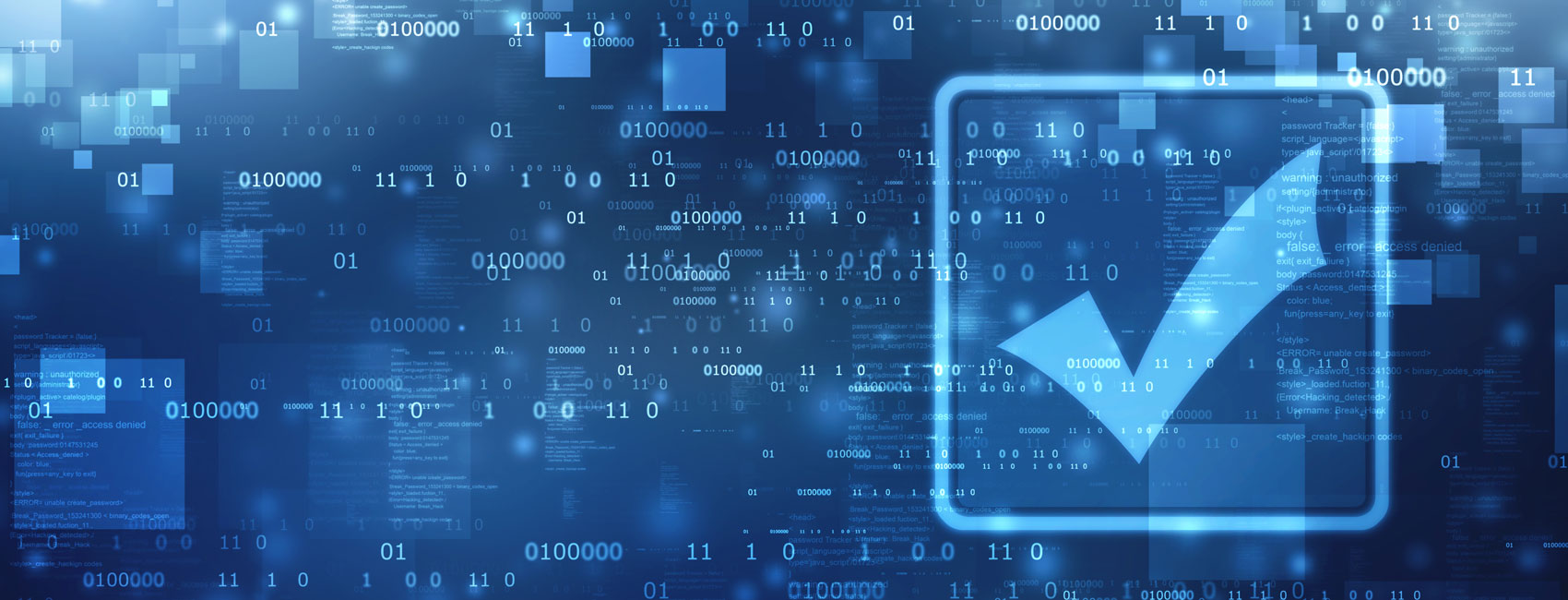Political Economy and Public Economics

Political Economy and Public Economics
The Department of Economics at the University of Warwick has an active Political Economy and Public Economics (PEPE) Research Group. These two disciplines have natural complementarities. Political Economy focuses more on the political feasibility of certain policies by looking at which policies are more likely to enjoy public support and thus succeed in an electoral contest. Public economics looks more at determining which policies are optimal in every environment, but is less concerned about their political approval or feasibility.
Recent world events such as the public backlash against globalization and inequality have raised awareness for the need for more integration between these two approaches as political resistance to the adoption of potentially beneficial policies has become ever more salient. Hence by their very nature these two disciplines transcend traditional field divisions such as micro and macroeconomics: they use theoretical, empirical and experimental methods to obtain conclusions, thus generating synergies with various other groups in our department from development to experimental to history to macroeconomics to economic theory.
Our activities
PEPE Research Group Seminar
Thursday: 11.15am-12.30pm
A weekly seminar is organised that brings top economists and political scientist speakers every week for a double-feature seminar in coordination with the LSE.
For a detailed scheduled of speakers please follow the link below:
https://warwick.ac.uk/fac/soc/economics/seminars/seminars/political-economy
Organisers: Michela Redoano and Mateusz Stalinski
PEPE Research Group Annual Conference
In collaboration with colleagues from Princeton and Yale, and with the support of CEPR, the PEPE Research Group organises an annual conference which has become a central meeting of political economists in Europe. Having taken place in previous years in Venice and Rome, it attracts over 70 delegates attending from leading institutions in the US, EU and the UK. Every year, several of our PhD students get to participate in a fully funded conference with an opportunity to engage with leading scholars.
Find out more about this year's conference which will take place 26-27 April 2024 in Rome.
Organisers: Helios Herrera, Mateusz Stalinski
People
Academics
Academics associated with the Reseach Group Name research group are:
Research Students
Events
CAGE-AMES Workshop - Prateek Bhan
Title: DO ROLE MODELS INCREASE STUDENT HOPE AND EFFORT? EVIDENCE FROM INDIA
Abstract:
This paper offers experimental evidence on the significance of role models on fostering hope, increasing effort and improving the academic performance of primary school students in India. Students from private schools in Jaipur were randomised at an individual level to a treatment or a placebo group. Treated students watch a short film produced in Jaipur, as a part of the experiment. The placebo group students watch a television show for kids, ‘Malgudi Days’. This intervention increases student hope by 0.17 standard deviation (s.d.) and effort by 0.26 s.d. Along with hope, I find significant improvements in students’ self-efficacy or optimism and happiness that are sustained in the medium run. While learning outcomes do not change immediately, the one-off treatment leads to a 0.16 s.d. increase on standardised test scores in English, six-weeks after the intervention with no effect on Mathematics. A cost-effectiveness analysis highlights role models as a promising intervention tool that can have an effect on student motivation and their learning outcomes.

